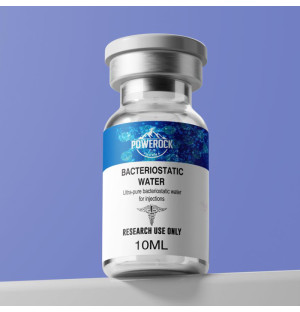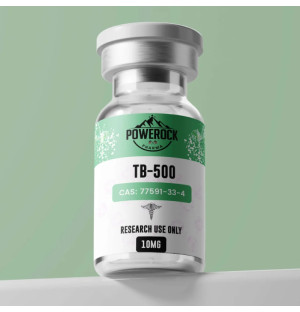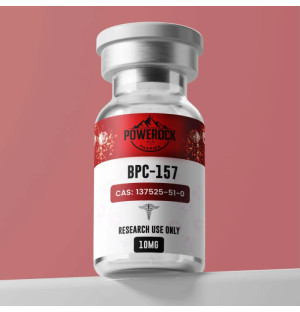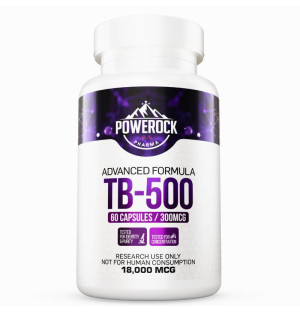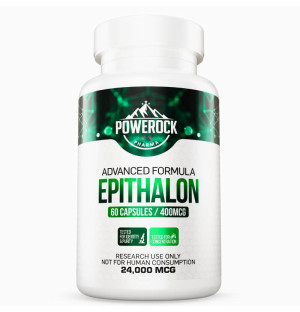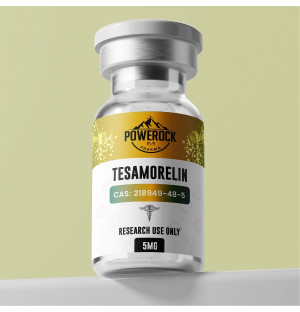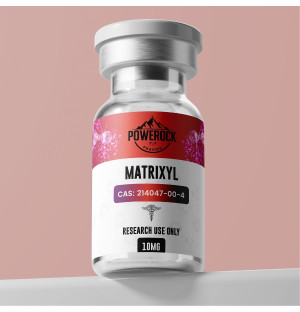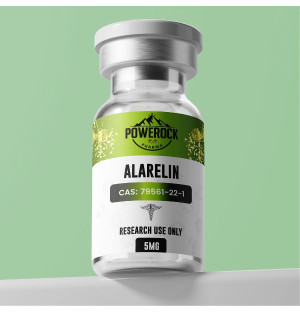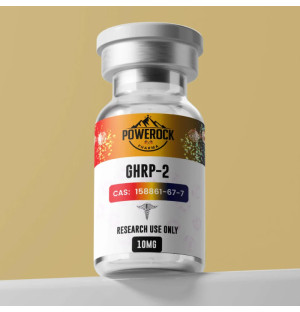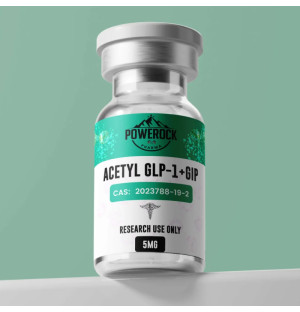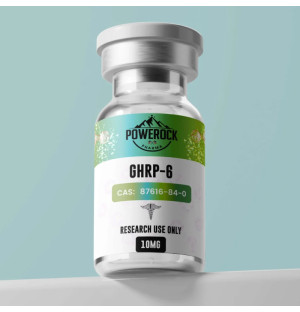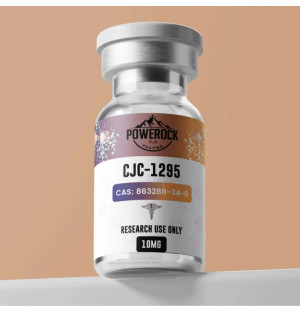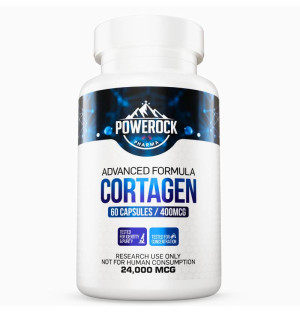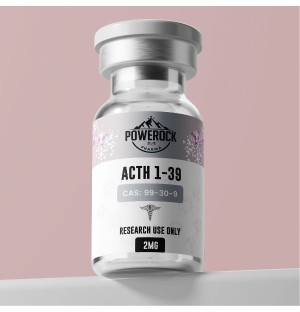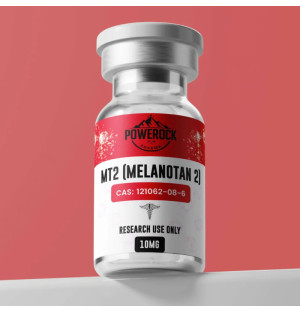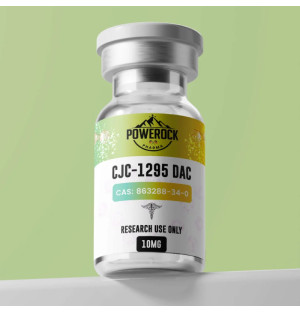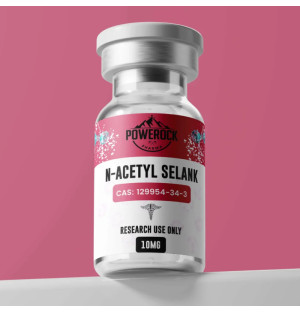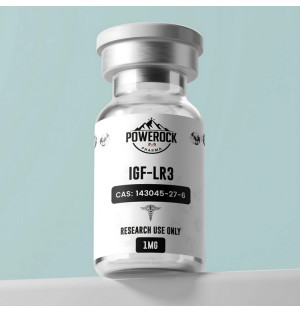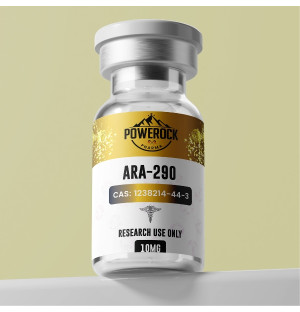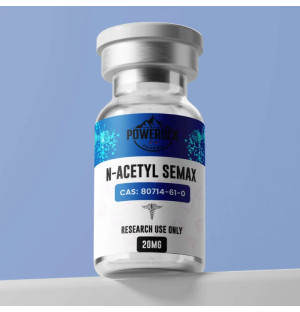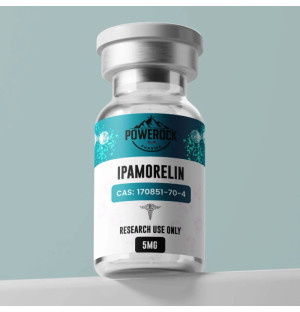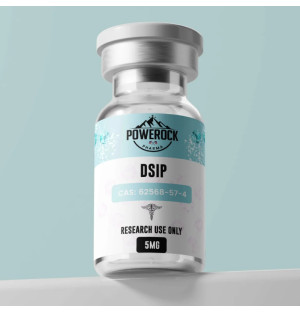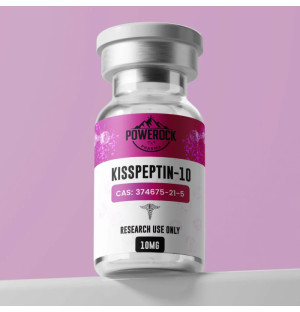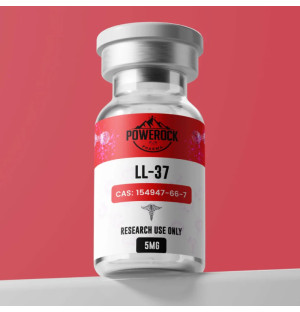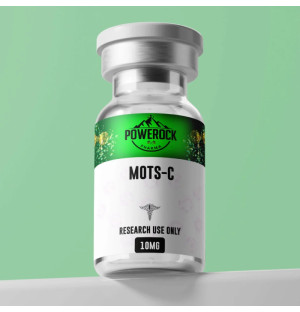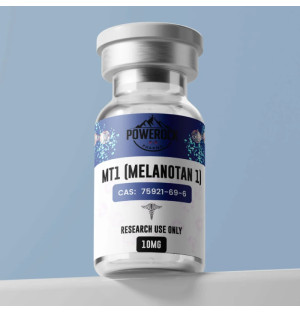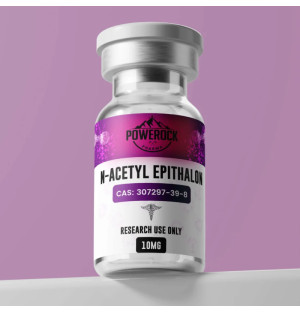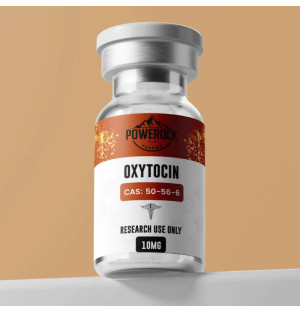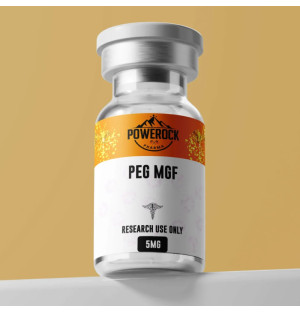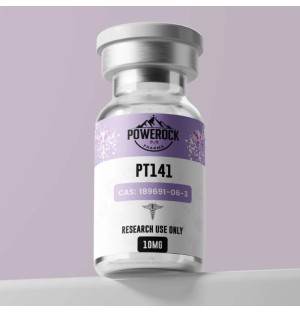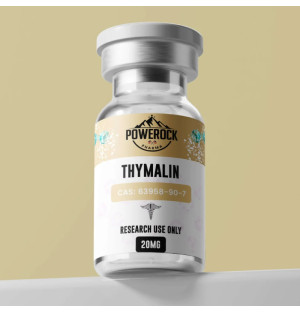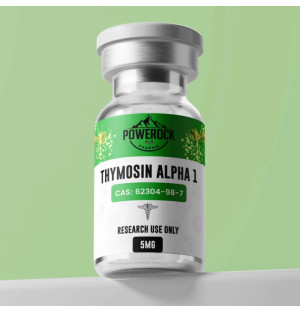Peptides
Peptides are biologically active organic compounds that have gained significant popularity in recent years among people who train and care about their physique. These small molecules, composed of linked amino acids, play crucial physiological roles in the human body. In bodybuilding and strength sports, peptides provide an effective and healthier alternative to anabolic steroids, allowing noticeable results without exposing health to serious side effects.
What are peptides?
Peptides are organic compounds formed by amino acids linked through peptide bonds. Unlike large proteins, peptides are relatively short chains, containing no more than 100 amino acids. This small molecular size gives them a unique ability to easily penetrate deep into tissues, making them exceptionally effective in their biological action.
Peptides naturally occur in our bodies, where they function as hormones, neurotransmitters, enzymes, or signaling molecules. They also serve as the basic building blocks of tissues and participate in countless biochemical processes occurring within the human body.
It is worth knowing that peptides can be formed in two ways:
- Naturally - through protein biosynthesis in living organisms
- Synthetically - in laboratory conditions, using liquid-phase or solid-phase synthesis techniques
The second method has enabled the creation of diverse peptides with specific properties, currently utilized in sports supplementation, sports medicine, and cosmetology.
Classification and types of peptides
Peptides can be classified in various ways, typically according to their length, origin, or function.
Classification based on chain length:
- Oligopeptides - containing from 2 to 20 amino acids
- Polypeptides - consisting of 21 to 100 amino acids
- Proteins - composed of more than 100 amino acids
Classification based on synthesis method:
- Ribosomal peptides - produced on ribosomes, functioning as hormones and signaling molecules. This group includes, among others, intestinal and opioid peptides.
- Non-ribosomal peptides - produced by non-ribosomal synthesis; these include glutathione, a powerful antioxidant.
Types of peptides used in sports and bodybuilding:
- Peptides stimulating growth hormone (GH) secretion - e.g., GHRP-2, GHRP-6, Ipamorelin
- Peptides enhancing regeneration - e.g., BPC-157, TB-500
- Peptides increasing fat loss - e.g., AOD-9604, Fragment 176-191
- Peptides supporting recovery - e.g., BPC-157, TB-500
Peptides in cosmetology:
- Signal peptides - stimulating collagen and elastin production
- Transport peptides - facilitating delivery of active ingredients deeper into the skin
- Neuropeptides - acting similarly to botulinum toxin, relaxing facial muscles
Effects of peptides
Peptides provide gradual results compared to anabolic steroids, as their effects appear progressively and require consistent, long-term use.
Main benefits of using peptides:
- Increased growth hormone secretion – supports muscle growth and fat loss
- Enhanced post-workout recovery – accelerating tissue repair processes
- Improved sleep quality – which facilitates faster whole-body recovery
- Reduced body fat – due to increased metabolism and lipolysis
- Enhanced energy and performance – leading to improved training outcomes
- Anti-aging effects – slowing natural aging processes
- Boosted insulin sensitivity and improved cholesterol levels – positively impacting overall metabolism
- Improved regeneration after training – by supporting repair mechanisms
Unlike anabolic steroids, peptides act gradually, naturally stimulating the body’s own hormone production, making them a safer alternative without severe side effects.
Who can benefit from peptides?
Peptides are particularly recommended for:
- Athletes and bodybuilders seeking performance enhancement
- Individuals in middle and older age groups wishing to counteract natural aging and muscle loss
- Individuals training intensively who require enhanced recovery
- Those aiming for accelerated fat loss and improved body composition
- Individuals recovering from injuries, as certain peptides significantly accelerate healing processes
Peptides are suitable for both men and women, and due to their mode of action, they do not cause feminizing effects in men.
Potential side effects of peptides
One of the major advantages of peptides is their higher safety profile compared to anabolic steroids. Peptides stimulate natural hormone production and are rapidly excreted from the body.
Potential side effects include:
- Injection site reactions – redness or irritation
- Water retention – usually temporary, associated with increased GH production
- Blood sugar fluctuations – some peptides may temporarily lower blood sugar levels
Unlike anabolic steroids, peptides:
- Do not stress the liver
- Do not disrupt hormonal balance (do not suppress natural testosterone production)
- Do not cause hormonal disorders
- Have a lower risk of cardiovascular side effects
Contraindications include:
- Pregnancy and breastfeeding
- Cancer (certain peptides may stimulate cell growth)
- Autoimmune diseases
It's important to consult a healthcare professional before using peptides, especially if you have underlying health conditions or are taking medication regularly.
How to properly use peptides?
To achieve optimal results when using peptides, follow these important guidelines:
-
- Proper storage:
- Powdered peptides can be stored at room temperature for several weeks
- Reconstituted peptides must be refrigerated and protected from light and agitation
- Long-term storage requires freezing
- Correct reconstitution:
- Use only bacteriostatic water or sterile saline
- Avoid vigorous shaking; gently roll the vial between hands
- Use sterile, single-use syringes and needles for injections
- Regularity and cyclic use – peptides work best when used consistently in cycles of 8-12 weeks, followed by a break of approximately 4 weeks
- Dosage adjustment – doses should be tailored based on individual body weight and goals
- Proper storage:
Frequently asked questions (FAQ)
Are peptides legal?
The legality of peptides varies by country. In many places, peptides are officially available only for research purposes and are not approved for human consumption. In competitive sports, many peptides are prohibited by WADA.
How long does it take to see results?
Unlike anabolic steroids, peptides produce gradual results. Noticeable improvements usually occur after approximately 2 weeks of regular use, with optimal effects typically visible after 2-3 months.
Do peptides need refrigeration?
Yes. Reconstituted peptides should always be refrigerated at around 4°C, protected from light and agitation. Unmixed peptides can be safely stored at room temperature.
Can peptides replace anabolic steroids?
Peptides offer a safer and more natural alternative to anabolic steroids. While their effects are more gradual and less dramatic, they avoid the significant health risks associated with steroids.
Why buy peptides from GymHub.pro?
At GymHub.pro, we prioritize top-quality products, working exclusively with reputable manufacturers who guarantee:
-
-
- Product purity – rigorously tested, high-purity peptides
- Comprehensive testing and transparency – lab results are always provided
- Professional guidance – our expert team offers reliable support and consultation
-
Your health and training outcomes deserve investment in trusted, high-quality supplements.
Legal disclaimer
The information presented here is for educational purposes only and is not medical advice. Always consult a healthcare professional before starting peptide supplementation, especially if you have existing medical conditions or take prescription medications. GymHub.pro is not responsible for any misuse of the products sold.
Please be aware that certain peptides may be prohibited substances according to international sports regulations (WADA).

